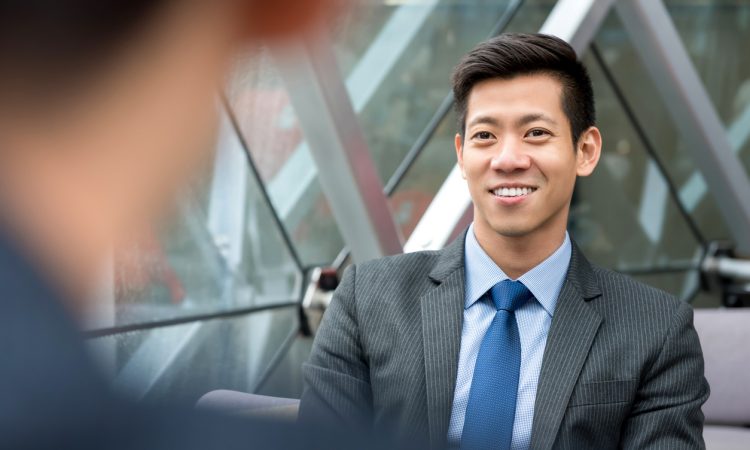The question feared by most interviewees is the weakness question. They are afraid of being asked “What is your greatest weakness?” because they don’t know what to say or what the interviewers want them to say. My goal is to demystify the question because I believe it is one of the most powerful ways candidates can build connections with the interviewer and leave a lasting impression.
I recruited for 15 years and am a Certified Human Resources Leader, so to start, I want to explain why this question is asked. The interviewers aren’t trying to trip up jobseekers or trick an interviewee into revealing why they shouldn’t hire them. Rather, they want to know more about the candidate’s level of self-awareness. Are they capable of recognizing a weakness, inefficiency or obstacle that may get in the way of their success? Are they able to come up with a plan to manage the weakness?
Self-awareness is a key skill. With many of us working remotely, the need for leadership to be more strategic and less hands-on, and with our fast-paced workplaces, this skill is critical to not only jobseekers’ success but to an organization’s growth as well. This is why weakness-style questions are more popular than ever before.
The problem with jobseekers fearing this question is that is usually leads to one of these types of answers (which leave interviewers annoyed or rolling their eyes):
Weakness that wasn’t your fault
This is a weakness that suggests “it wasn’t really me.” Rather, the weakness was more of a perception of others, like a manager or colleague. No interviewer wants to see this as an answer.
Weakness that’s a strength
We can’t blame a jobseeker for taking this approach. This is the most common advice to answer this question: to use a weakness that isn’t really a weakness, such as perfectionism or being a hard worker. However, these are cliché responses that don’t tell the interviewer how the candidate handles difficult times, which is what they actually want to know.
Hard skill weakness
There isn’t something inherently wrong with this, but choosing a weakness that virtually anyone can learn instead of an innate weakness is a major missed opportunity. I say this because it’s so much easier to recognize a lack of knowledge instead of something truly holding you back from success.
How do we answer this question?
Jobseekers can use the following framework to answer the weakness question in a way that showcases their growth and journey.
First, identify the weakness – tell the interviewers exactly what it is. A great weakness is one that led the candidate to where they are today or one that they will continue to grapple with. For example, my weakness is that I’m too empathetic.
Next, talk about why it is a weakness. How it has gotten in the way of the candidate’s success? Did they have a rock-bottom type moment where they realized their weakness needed to be addressed? For example, my overly developed empathy meant that I was a bleeding heart. I wanted to hire people who were not a fit for the role because I was afraid no one would hire them. Not exactly a sound business decision.
Lastly, the jobseeker can talk about the journey they’ve taken to manage their weakness. In this journey, they should talk about the checks and balances that they’ve put into place to continue ensuring that it doesn’t get in the way of their success again. For me, once I recognized the problems my empathy was creating, I worked to become more mindful of how it was showing up in my screening and interviewing. I questioned my judgment until I was confident that I could easily recognize it. While it’s something that I’ll always have, my empathy doesn’t get in the way of my ability to make strategic business decisions any more.
What this framework does is create an underdog story, one that resonates so deeply with humans (which is why we see so many movies, books and TV shows that use it). It creates a powerful connection, because we can all relate to it. Using this formula to answer the weakness can help jobseekers craft a story they are proud, not afraid, to share.
Interested in writing for CareerWise? Check out our Submission Guidelines for details!






